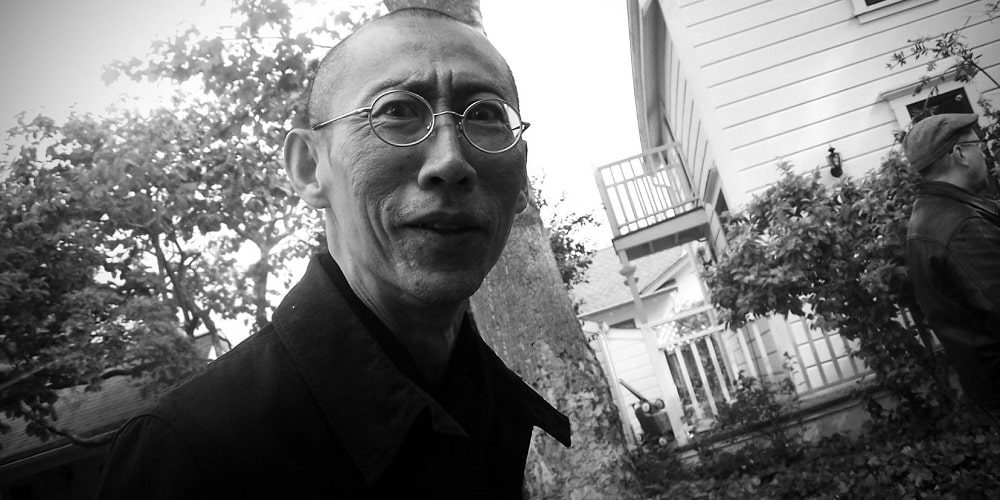Lee Wen, beloved pioneer of performance art in Singapore, has died at 61 years old of a lung infection on Sunday, 3rd March 2019.
The Cultural Medallion recipient best known for his Yellow Man series also suffered from Parkinson’s disease. He is survived by his wife, Japanese artist Satoko Lee and his 19-year old son, Lee Masatoshi.
Before pursuing art full time, Lee was a logistics officer, computer operator and bank officer. In 1987, he decided to quit his day job to pursue art, enrolling in the then Lasalle-SIA College of the Arts. He was also an early member of the artists’ colony The Artists Village.
Lee’s Yellow Man series addressed cultural stereotypes and included pieces where he stripped down to this briefs and covered himself in yellow paint.
Lee’s biographer Chan Li Shan observed: “At the heart of it was Lee Wen’s dream of a society that overcomes stereotyping and superficiality. Can we understand differences and the concept of the Other? What does it mean to create a world with less prejudice, and more tolerance? Over the years, these questions preoccupied Lee Wen.”
Lee also founded the Independent Archive on Aliwal Street, a library and collection of archival materials about art in Singapore.
Back in 1994 when the government started a 10-year no-funding policy on performance art events following a controversial performance by another artist, Lee still continued making his art.
He was awarded Singapore’s highest honour for the arts, the Cultural Medallion in 2004. And in 2016, he received the Joseph Balestier Award for the Freedom of Art from the US Embassy.
Ms Chan recalled: “In typical Lee Wen fashion, he had generously divided the prize money of US$15,000 between the three nominees, saying that all of them deserved it equally.”
Lee’s wife of around 20 years, Satoko said, “He was the best husband. I am very happy that I was married to him… He was a great teacher. He was someone who could open up your mind.”
Artist Vincent Leow, who knew Lee for more than 30 years, said: “He never stopped talking about art. I remember seeing him at the hospital (in December). He was struggling to talk, but he asked me to take out my sketchbook so he could draw – he wanted to put his ideas on paper. He was so passionate about his art-making.”
A wake will be held at Potong Pasir Avenue 2, Block 145 on Monday and Tuesday (4 & 5 March) while the funeral and cremation will take place on Wednesday, 6 March.
Prior to that, the car carrying Lee Wen will make a stop at the Independent Archive Resource Centre from 12.30pm to 1pm on Monday. Satoko and Lee’s sister Eileen will be there as well.
There has been an outpouring of grief from the public over the passing of this local icon of the arts:




